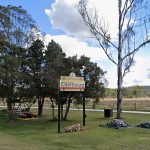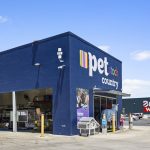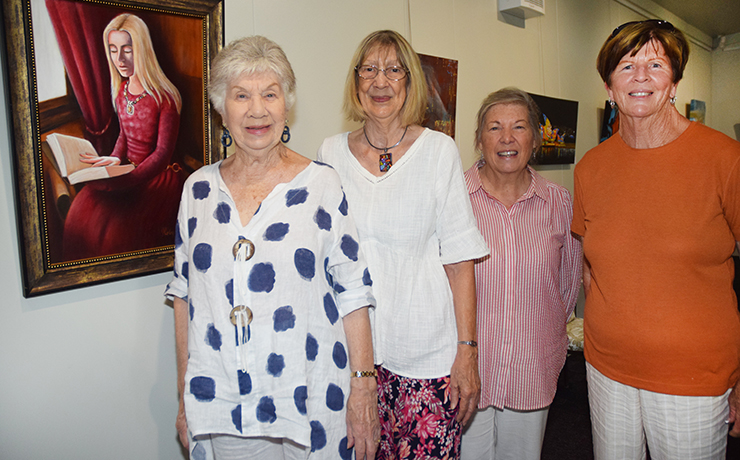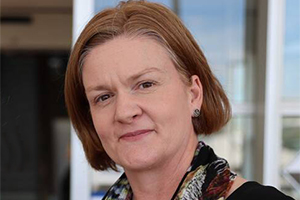February 26, 2015
Local public health officials are warning residents to take care with foods that contain raw or undercooked eggs after a recent increase in salmonella cases in Queensland.
There have been 1256 cases of salmonella notified in the State so far this year, which is 2.6 times more than the average over the past five years.
The number of notified salmonella cases for the Darling Downs Public Health Unit region is slightly lower at 1.9 times more than the average year to date figures but it still cause for concern.
Darling Downs Public Health Unit Director Dr Penny Hutchinson said examples of food that used raw or undercooked eggs or egg products included mayonnaise, aioli, custard, cheesecake, eggnog, deep fried ice-cream and mousse.
“Salmonella is the most commonly reported bacterial cause in food-borne illnesses related to eggs,” she said.
“Symptoms of salmonella food poisoning include headache, fever, stomach cramps, diarrhoea, nausea and vomiting which can last days or weeks.
“Anyone can be affected by salmonella, but certain people are at greater risk for severe illness including older adults, pregnant women, young children and people with weakened immune systems.
“Eating raw eggs, eggs with runny yolks or food that contains raw or undercooked egg can cause food poisoning, especially in anyone who is in an ‘at risk’ group.
“If you or someone you are preparing food for is in one of these ‘at risk’ categories, it is recommended that you avoid the use of raw or undercooked eggs, or use safer alternatives such as pasteurised eggs.
“Other tips to ensure egg safety include storing your eggs or egg products in the fridge and never leaving them out of the fridge for more than two hours in total.
“Hands should be washed and dried before and after handling eggs but don’t wash the eggs themselves as the egg shells may become more porous, making it easier for any bacteria from dirt or feathers on the shell to get inside the egg.
“Store eggs in their original carton so you can keep track of their ‘best before’ date.
“Ensure your utensils, equipment and other food contact surfaces such as benches are appropriately cleaned and sanitised after handling eggs and egg products.
“Also don’t use egg shells to separate the egg white from the yolk as salmonella bacteria on the surface of the shell can be transferred to the contents of the egg. Instead, use an egg separator.
“These simple steps can help prevent the spread of harmful salmonella bacteria in your kitchen.”























